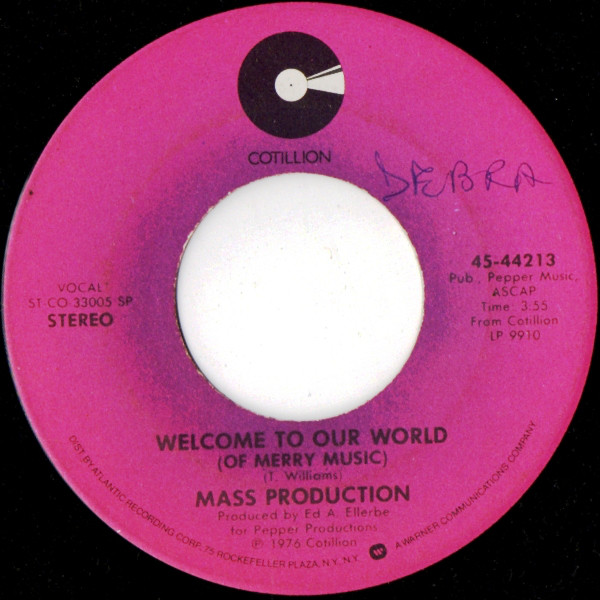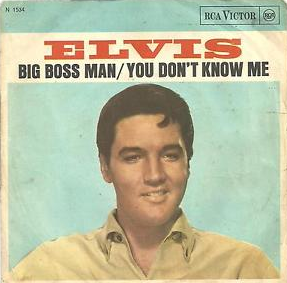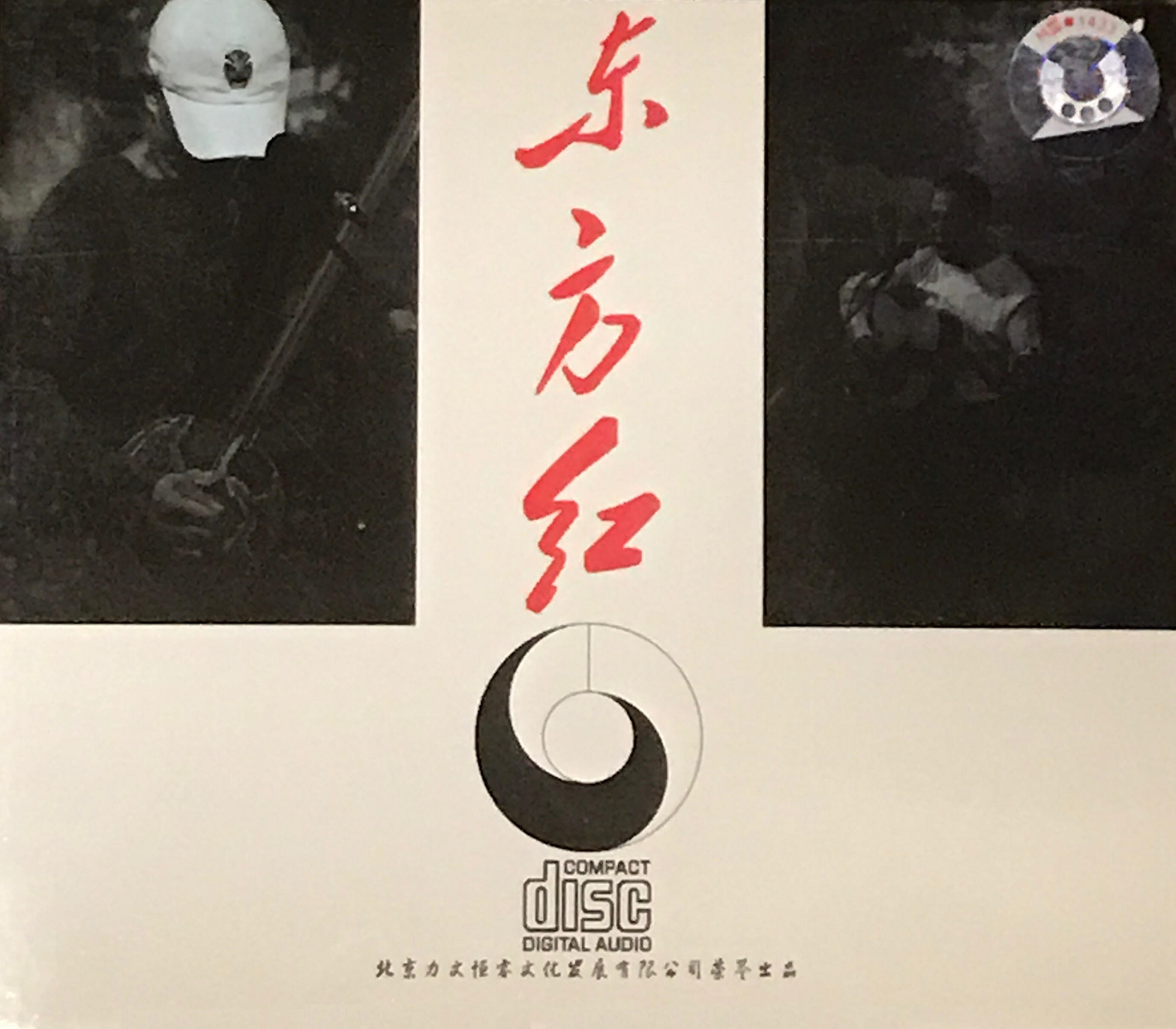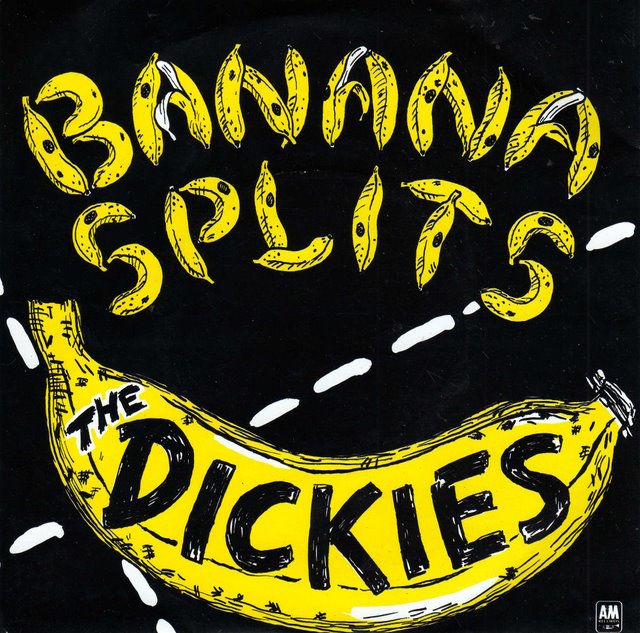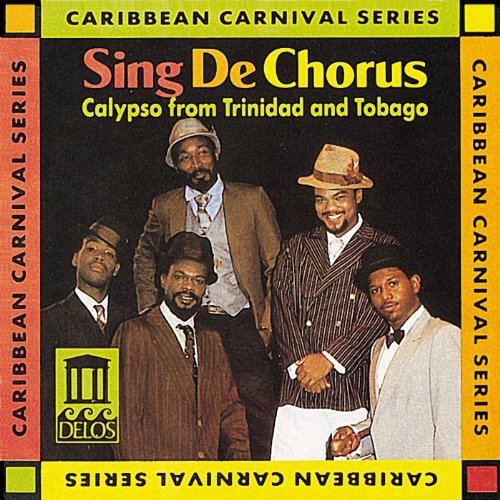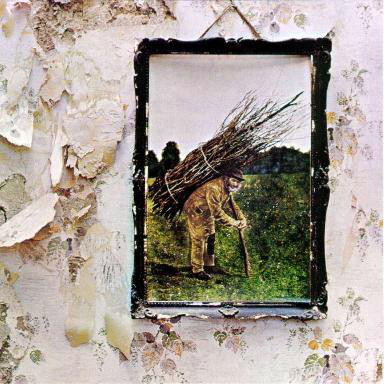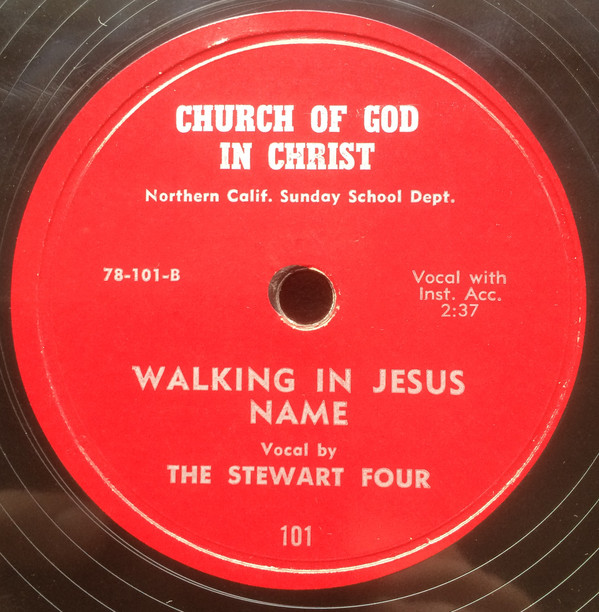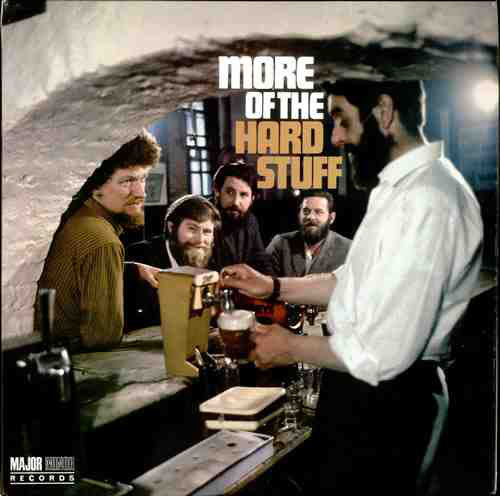
“Shapes of Things” (1973) – David Bowie * Written by Paul Samwell-Smith, Jim McCarty, and Keith Relf (uncredited) * LP: Pinups *Produced by Ken Scott and David Bowie * Label: RCA
David Bowie’s Pinups—an album of covers from mid-sixties London bands—is a source document for the UK glam sound that his Ziggy Stardust record had sent to the earth’s orbit the previous year. His version of the Yardbirds’ issue-conscious “Shapes of Things,” for example, features the following ingredients: Mick Ronson’s cruch guitar, cockney yob vocals by Bowie, vortex backup voices, and space-case strings at :51 and 2:10. The strings, in fact, are what make this a special track you should listen to all the way through. The disc’s label leaves out the name of Keith Relf in the writer credits, even though the original Yardbirds record includes him.

